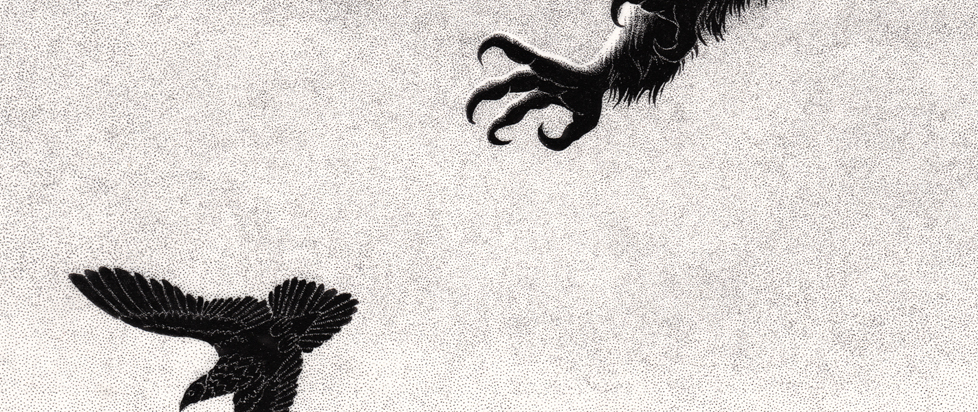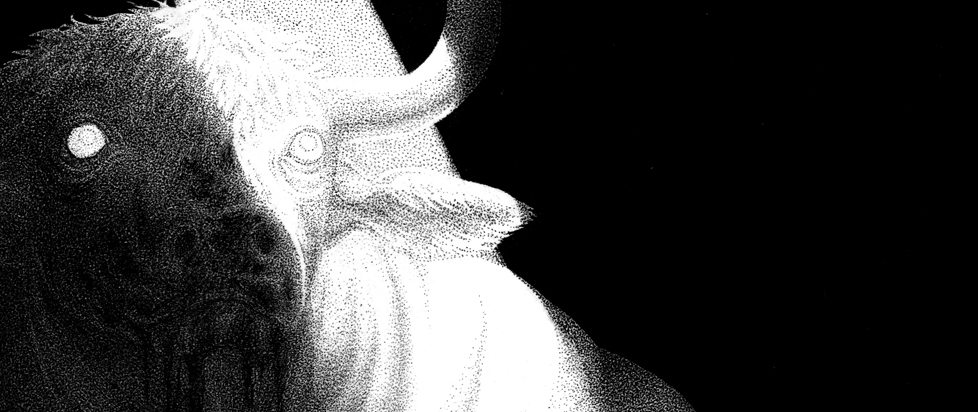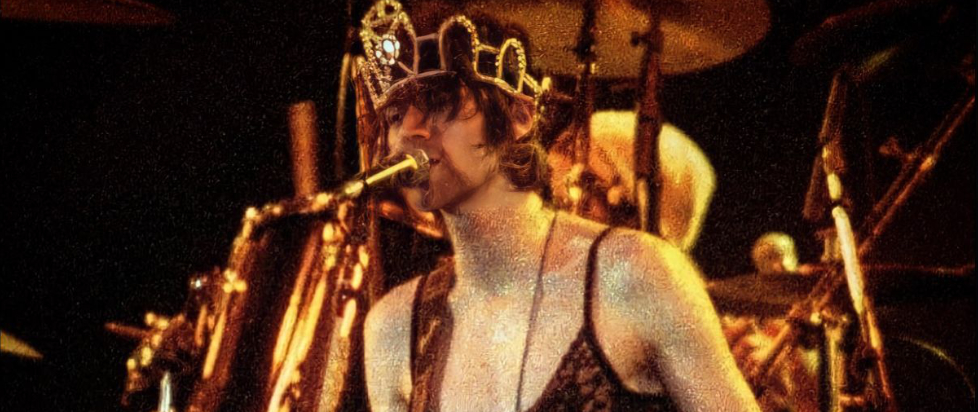
Don’t Hurt Girls When You Dance (Or Any Other Time)
This is an excerpt from the cover story of Unwinnable Monthly #164. If you like what you see, grab the magazine for less than ten dollars, or subscribe and get all future magazines for half price.
———
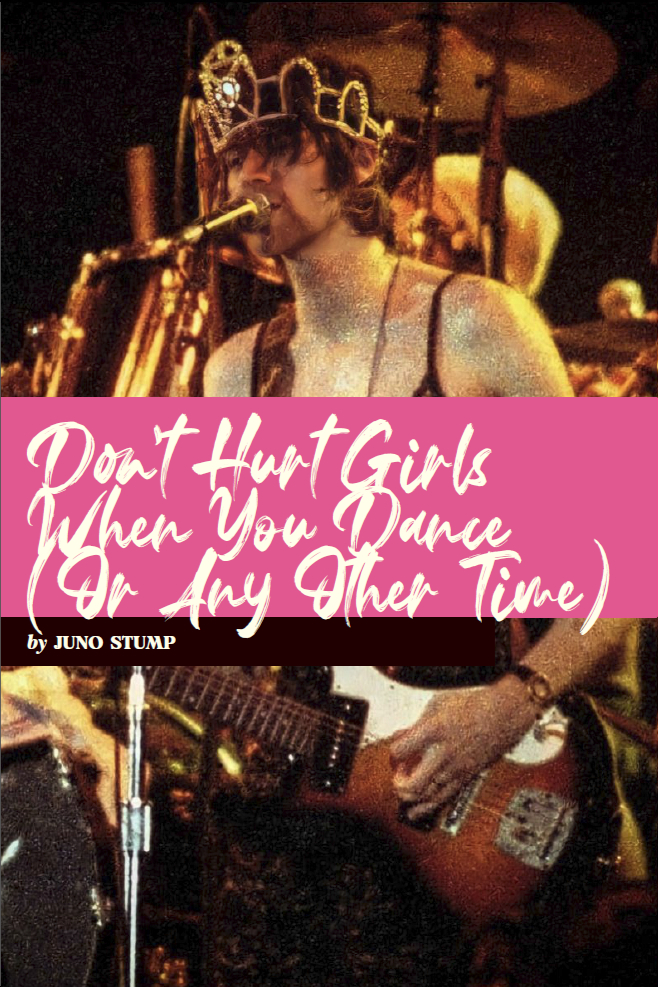
It’s been nearly thirty years since Nirvana’s MTV Unplugged in New York, a legendary live show that could only have come from Kurt Cobain. Though the concert series had provided a quieter, acoustic format for dozens of artists up to that point, including Paul McCartney and Pearl Jam, few have stood out or stood the test of time quite like the show put on by Nirvana.
Disagreements between MTV executives and Cobain started almost immediately. The 26-year-old rock star wanted Nirvana’s performance to be different than every other artist’s in the Unplugged series; MTV just wanted a quieter Nirvana show, maybe without the acoustic guitars being smashed at the end, too. The network still wanted a Nirvana concert, though Kurt’s vision was starting to sound a lot different than what they’d imagined. Nirvana’s rehearsals didn’t do much to calm anyone’s nerves either.
Biographic accounts from people around him at the time state that Kurt was “really, really nervous” and “terrified” as the time for the concert approached. Cobain had a vision of exactly what he wanted from the very beginning, but he was still an artist that wanted everything to go well.
Amy Finnerty, Alex Coletti and other MTV executives were hoping maybe Kurt Cobain and Eddie Vedder could duet onstage or finagle a Tori Amos appearance. They also wanted to hear lots of well-known Nirvana songs. Kurt was instead offering cover songs from the Meat Puppets, one of Kurt’s favorite bands and friends of his, with their long-haired guitar players joining Nirvana onstage, and bassist Krist Novoselic playing an accordion.

The band’s fourteen-song setlist did include original hit singles, such as “Come As You Are” and “All Apologies,” but six of the songs were covers, with five songs in total being about death. It wasn’t the show MTV or anyone in the audience was expecting, but it was exactly what Kurt had envisioned from the very beginning. When the show was still in the planning stages, Kurt was asked what he wanted the show to look like, the stage’s decorations and the atmosphere. He reportedly suggested stargazer lilies, black candles and a crystal chandelier to the MTV Unplugged producers. When producer Alex Coletti asked, “You mean like a funeral?” Cobain said that was exactly what he meant.
Kurt Cobain always maintained that many of his decisions were random and last minute. On one occasion, before playing for a radio station a year before Nevermind saw release, he had attested that the lyrics for the songs he was about to perform were written on the way to the radio station, “while driving with one foot.” But this just wasn’t true. It was just another piece of cool myth-making; contradictory rock-star lore that made Kurt Cobain sound cool.
According to Heavier than Heaven, Kurt’s official biography, written by Charles R. Cross, who had full support from Cobain’s estate and access to all of the musician’s journals, we know that Kurt Cobain had “obsessively planned every musical and career direction, writing ideas out in journals years before he executed them.”
Kurt Cobain claimed in interviews to “detest the exposure he’d gotten on MTV, yet he repeatedly called his managers to complain that the network didn’t play his videos nearly enough.”
From carefully orchestrating career moves while complaining about the success that came with it to all the pages in his journals dedicated to scribbling out exactly how the tracks on Nevermind should be sequenced (even though he’d casually, verbally provide it to record executives, as if he didn’t really care) and how it would all culminate and lead up to MTV Unplugged in New York, Nirvana’s death-scented and funeral-flower acoustic set, on November 18, 1993.
Nothing could have prepared anyone in that room – not even the rest of the performing band – for how well the show went. No one, not even Kurt, who planned every move in music he ever made, could have predicted just how magical the night would be. Classic Nirvana songs like “Dumb” and “Something in the Way” amazed the audience, with the original tunes being rearranged entirely in tempo and style for the format, which also included the addition of a cello that added a haunting edge to the already otherworldly show. Nothing can compare to the raw, emotionally-charged howl that rang out of Cobain’s voice during the band’s cover of Leadbelly’s “Where Did You Sleep Last Night?,” which closed out the night.

There’s a pause in the final vocal refrain where Kurt looks up, toward the lights, with his glowing, azure eyes and it’s like time stops. He takes a breath before continuing and it’s as if the band and everyone else in the hushed room takes a breath too, not knowing what to expect next. Kurt lets his breath out before charging back into the final chords, ending one of the most powerful performances of his life.
After finishing the song, Kurt looks to the crowd and smiles, offering up a polite, “Thank you,” before playfully pretending to smash his guitar, like he had done at so many shows before that night. He signs three autographs for fans and then quietly and very briefly argues with MTV executives, who are wanting an encore from Kurt and the band. Kurt insisted he was done.
Nirvana would play about forty more live shows after this night, but I believe Kurt Cobain intended for MTV Unplugged in New York to be his farewell as the rock star he had spent nearly a decade playing, wrapped into a final “fuck you” for anyone that never bothered to listen, to him or the band; at this point it was the same thing and he was done. It’s clear he was hurting but I don’t think he knew how to untangle, especially at this point. He kept playing shows and going through the motions, numbing the pain and healing as best as possible with drugs along the way, until he could no longer continue, ending his own life on April 5, 1994.
* * *
I don’t know if Kurt Cobain would still be here today if he had the ability to inject estrogen instead of heroin, but I know his journal pages carry the same pain as me – and so many other women like me.
I grew up in a small world, just like Kurt Cobain but decades later, surrounded by the same kinds of family and people, and with the same kind of sorrows and wishes for myself and the world around me. Nothing felt right to me and everything felt wrong, around me and within me.
[pullquote]“I love to play music, but something was not right. So I decided to medicate myself.” – Kurt Cobain, in an interview with Rolling Stone[/pullquote]
Growing up trans, queer and closeted is hard for anyone, but it’s even harder when you already know your parents don’t love or accept you. This was the case for me. I tried to come out to my parents several times, as early as age four. My mom wouldn’t listen. My dad called me a “faggot.”
I already felt like I was on an alien planet, condemned to some strange, discarded flesh vessel, with just enough room for me in the corner, to waste away and think of another day, all while having the responsibility of inventing a stranger to keep me out of danger. All I could really do was not die while trying to hold on, with the hope that I would one day feel alive.
I didn’t have any men in my life that felt right or worthy as guardians or role models when I was growing up. My feelings then, at ages four through nine, were that all men felt like a hostile force on a planet that everyone but them was trapped on. But that changed one day, when I first heard Nirvana’s songs and Kurt Cobain’s words – and saw pictures of him and his swirling blue eyes that seemed to be home to familiar pain. I couldn’t explain it entirely at first. I just knew right away that this man was different. My asshole dad seemed to be the norm but Kurt Cobain was nothing like him.

I listened to all of Nirvana’s albums on repeat while reading about Kurt Cobain online, on every credible website I could find. It was sometime in 2002, I was 12 years old and I had found my first hyper-fixation, a man that was not only cool but cared about marginalized people and complained about the same things that bothered me. I clung to every word I found in interviews, with the lyrics of songs hitting my brain like pure rain, washing everything artificially manufactured away. I didn’t know how but he was the first person that felt familiar. The first person that seemed to have the same pain. I’d never met a woman or man like me, until I grew to learn about Kurt Cobain.
I disagreed with everyone that said Kurt’s lyrics were just random words, including him, who, in an interview suggested fans stop asking him for meaning, instead imploring fans to just listen to the band’s music and find their own meaning. I found that meaning but I think it also might have been his.
I spent so many nights crying because I felt empty, isolated, alone – like I wasn’t even alive.
I’d tried to forget I was trans and closeted, years after my parents had swiped away my fears and pain. It was impossible to forget but I tried nonetheless – like you would if you heard a major plot twist revealed in the theater bathroom, right before the movie you’re about to see, trying to ignore that overheard detail, that character’s death, that crucial part that affects everything – but it was stuck – stuck – stuck – stuck – stuck, just like a popcorn kernel behind your back-most tooth.
I wasn’t allowed to remove the popcorn kernel so I just tried not to think about it. I knew I was a girl. I knew I was trapped. My parents, God (???) and everyone I thought who would help me instead insisted everything was fine. I just needed to go to school, follow the rules, read my Bible, listen to God and only play videogames and music at a certain volume. Then, they assured me, everything would be okay. I would feel fine. I would feel great.
Nothing ever felt right and everything always felt wrong, but everyone said that was just me and not real. I just needed to stop acting weird. And then I would feel fine. Life kept moving, almost without me. I just wanted to feel okay. I just wanted to feel normal. I just wanted to feel right.
And many, many times I thought, if I could just make some changes to my body, then maybe I would feel okay. And if I wasn’t successful, and started to need the help of a doctor, my parents would have to take me in, and maybe then, a doctor would hear me and help me.
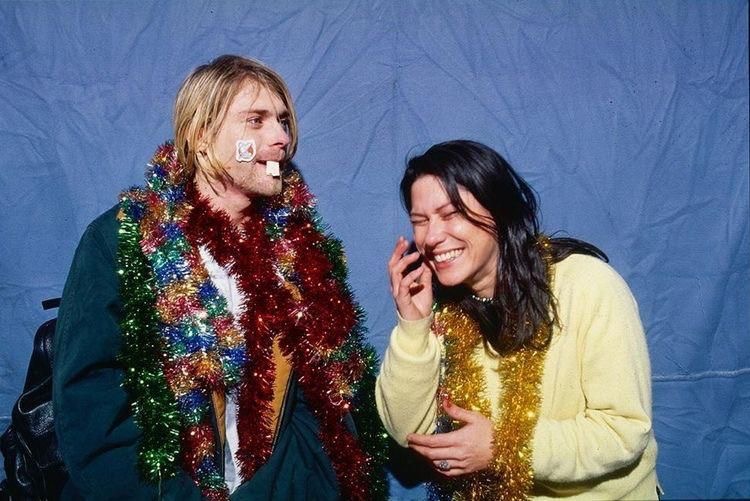
This cycle continued. Everything was mostly about survival, saying the right things to fit in for safety, while I dealt with my predicament. I didn’t know what else to do, outside of dying and trying again, which was something that always felt kind of, sort of on the table. I worried about God, mostly, but hoped He would understand. But I kept going, with the hope that I would eventually feel better, or at least a little okay.
Nothing really helped and nothing felt real, until that first day I heard Nirvana, when I was 12 years old. All of a sudden, I felt a little grounded, a little present. I wasn’t quite disassociating as much as I normally did. Not only did something finally feel real but it also felt familiar.
I immediately felt connected to nearly all of his songs and their lyrics, but especially tracks like “Dumb,” “Something in the Way,” “Sappy,” “Even in his Youth,” “Been a Son,” and “You Know You’re Right.”
I didn’t have all of the words to explain my predicament, yet. I tried to tell my parents with everything I had, from “God might be punishing me” to “My bones are wrong and are hurting me, inside and outside.” That only got me slurs and abuse. I didn’t have anything else, including anything resembling comfort or anything that encapsulated the pain I felt, until I heard the following words from “You Know You’re Right,” in the second verse of the last song Kurt ever recorded in a studio: “Let’s talk about someone else / Steaming soup begins to melt / Nothing really bothers her / She just wants to love himself”
Hearing those words against my heart, I knew that nothing was actually wrong with me – and that I just wanted to love and be myself. I held onto that as tightly as I could. The idea that I wasn’t broken was enough to know I wasn’t alone. And that was enough for now.
As the years passed, I dealt with my suffering by trying to numb everything with drugs and alcohol, much like Kurt Cobain did across much of his life. He had his music and tried not to feel. I had videogames and did the same with my feelings. My popcorn kernel.
———
Juno Stump is a woman and writer that loves rain, pretty words, and videogames. For too many words on those and more, follow her on Bluesky @juno.bsky.social.
You’ve been reading an excerpt from Unwinnable Monthly Issue 164.
To read the article in its entirety, please purchase the issue from the shop or sign up for a subscription to Unwinnable Monthly!


